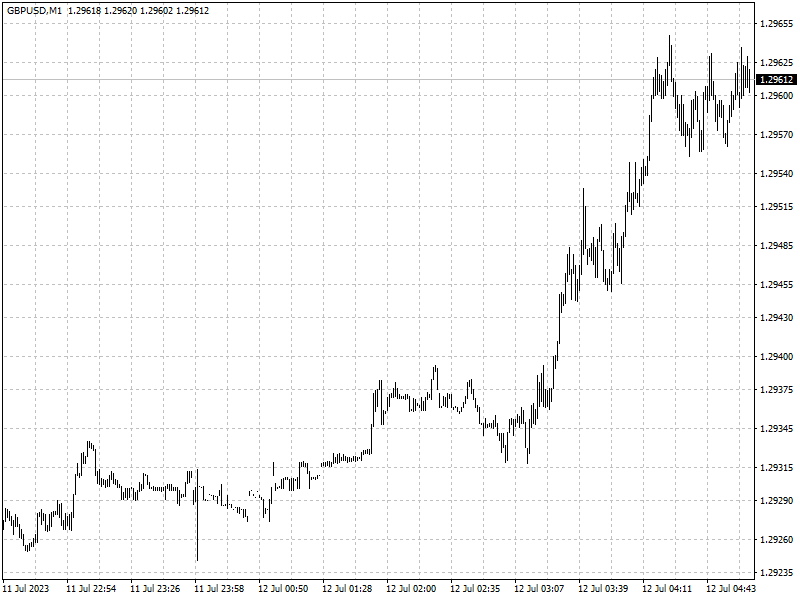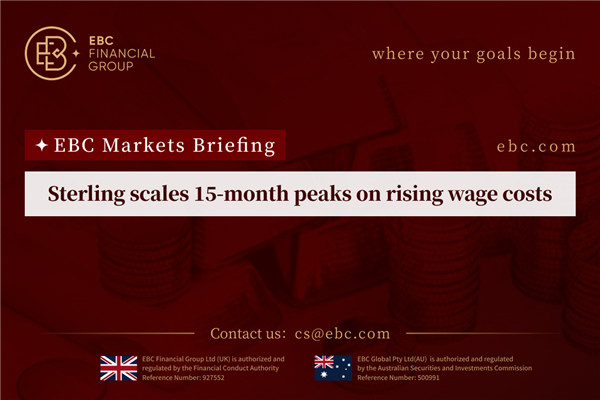Global shares rose on Tuesday, a day ahead of U.S. inflation data that could
warrant a quicker end to Fed rate hikes, while the prospect of China propping up
growth helped to lift oil and other commodities.
The U.S. dollar traded around its lowest in two months, in line with a
retreat in Treasury yields. Gold prices scaled a near three-week high.
Oil settled up about 2%, boosted by a falling U.S. dollar, hopes for higher
demand in the developing world and supply cuts by the world's biggest oil
exporters.
Commodities
All eyes are on U.S. consumer prices data due on Wednesday, which is expected
to show prices cooled on an annual basis in June.
‘In the very long term, silver is expected to trade significantly above the
$26/oz mark and should increasingly decouple from gold,’ TD Securities wrote in
a note.
Brent's settlement was its highest since April 28 and WTI's since May 1.
Brent was in technically overbought territory for the second time in three
days.
The IEA said the oil market should remain tight in the second half of 2023,
citing strong demand from China and developing countries combined with recently
announced supply cuts, including by top exporters saudi arabia and Russia.
The EIA projected global oil output would rise to 101.1 million bpd in 2023
and 102.6 million bpd in 2024, while world demand will rise to 101.2 million bpd
in 2023 and 102.8 million bpd in 2024.
Forex
Against the yen, the dollar fell to a four-week trough of 140.17 and plunged
to its lowest in 2.5 years against the Swiss franc.
Several Fed officials said on Monday the central bank would likely need to
raise interest rates further to bring down inflation but the end to its current
monetary policy tightening cycle was getting close.
Sterling hit a near 15-month high of $1.2934 after British wage growth hit a
joint record high, heaping pressure on the BOE to tighten policy further to
bring inflation under control.



























